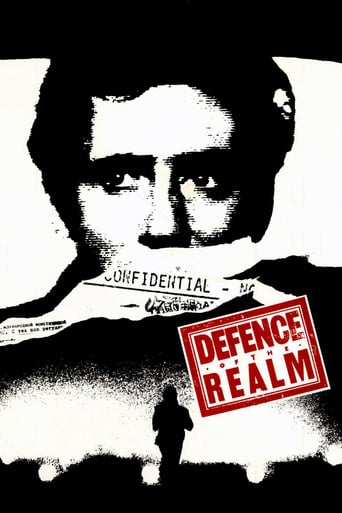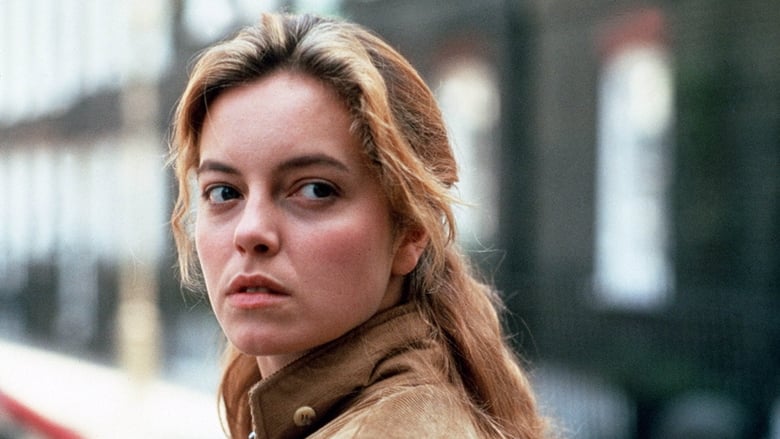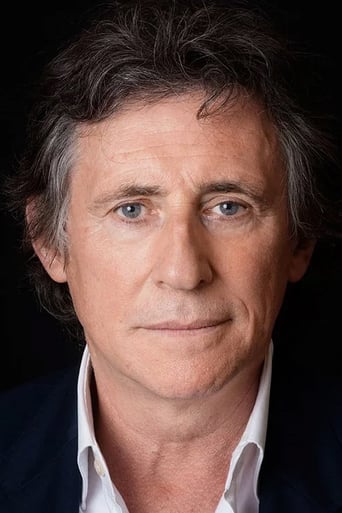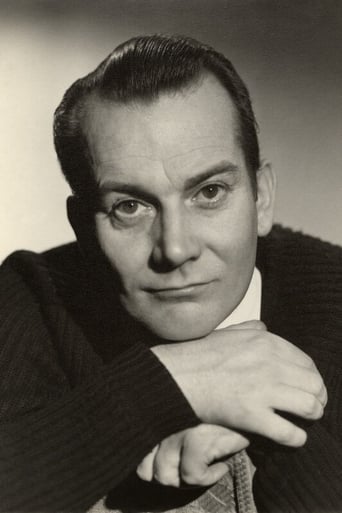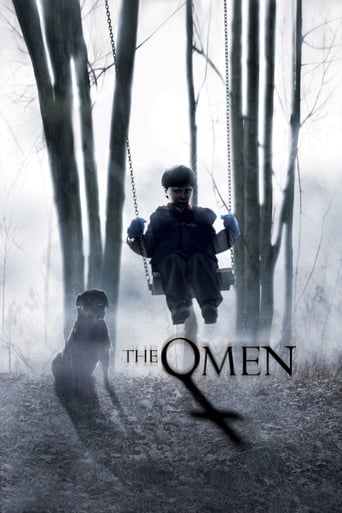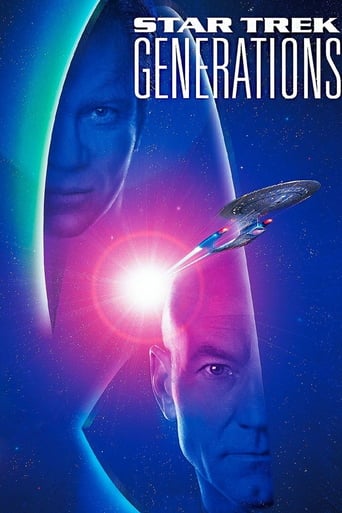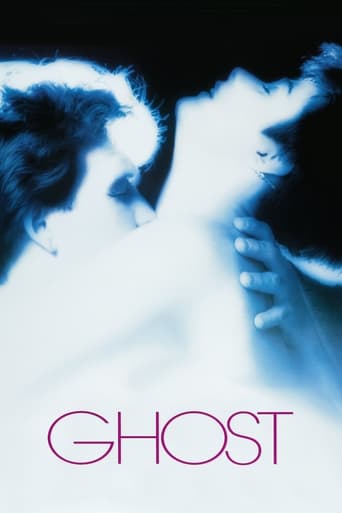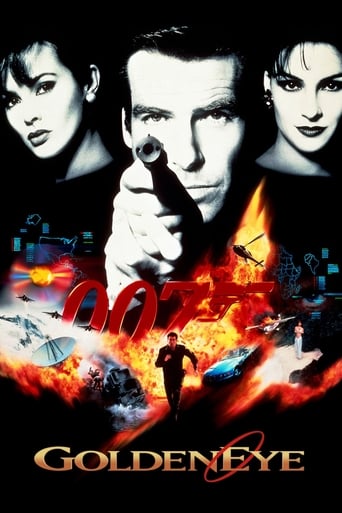Defence of the Realm (1986)
A reporter named Mullen 'stumbles' onto a story linking a prominent Member of Parliament to a KGB agent and a near-nuclear disaster involving a teenage runaway and a U.S. Air Force base. Has there been a Government cover-up? Mullen teams up with Vernon Bayliss, an old hack, and Nina Beckam, the MP's assistant, to find out the truth.
Watch Trailer
Cast


Similar titles
Reviews
The Worst Film Ever
Save your money for something good and enjoyable
Fresh and Exciting
This is one of the few movies I've ever seen where the whole audience broke into spontaneous, loud applause a third of the way in.
*** This review may contain spoilers *** *Plot and ending analyzed*Defense of the Realm isn't too bad, I think it is an interesting film with a premise that is very obscure. If you can understand some of the low-audible dialogue and the heavy-handed British lingo, then it's a worthwhile film. Defense of the Realm has newspaper reporter Gabriel Byrne digging up muck in England, where a Member of Parliament gets thrashed and eventually dismissed for supposedly associating with a KGB agent. It's hard to follow at times and the ending is a big let-down because during the entirety of the film there was an enigmatic suspense that was really showing itself. Still, it does manage to bring enough closure to allow for the full critique of the American nuclear program abroad, which is staffed by lunatics. As a political thriller is should satisfy the basic audience.Also recommended: The Parallax View (1974) Three Days of the Condor (1975) The Conversation (1974) All the President's Men (1976) Telefon (1977)
This film is set in 1984, and is highly indicative not only of the spirit of the time, but also of newspaper culture and practices of the 1980s.The cold war was in full swing in 1984. The Thatcher/Reagan collaboration was comforting to some, and deeply disconcerting to others. The threat of nuclear war was profoundly feared, and sex scandals dogged (but never completely undermined) the Conservative government. The presence of US Air bases in the UK was similarly a matter of national ambivalence.The newspaper industry was vastly different from today's industry. Each newspaper had its own print unit, and computers were the exception rather than the rule. The culture of lunchtime drinking and an all-male working environment were part of Fleet Street life - and of course in 1984 the major English newspapers and agencies were still based in Fleet Street.One scene in particular stands out as a symbol of past times: a character is retiring and all the newspaper staff congregate in the printing press for a noisy beating of printing blocks on tables. The practice was commonplace in the mid-1980s, and has died out since the introduction of new technologies. The changes had begun in the early 1980s, but were precipitated by the move of the Times and associated publications from Grays Inn Road (near Fleet Street) to Wapping in 1986.I watched Defence of the Realm for the first time in 1987 and since then I've come back to it about once a year; I notice something new every time. I'm a huge fan of Denholm Elliott and he is impressive as always, playing a washed-out hack with a drink problem (sadly all too common among journalists of the late 20th century). His character Vernon Bayliss dies in suspicious circumstances while working on a secret story, which Gabriel Byrne's character Nick Mullen pursues. Byrne is at the beginning of his film career and he deserved more recognition than he got for this film; his performance is solid and convincing as a journalist caught in the dilemma between the need to sell news and the need to report the truth. Assisted by Nina (Greta Scacchi), the secretary of an MP who is being framed, Nick finds himself watched, followed, and threatened by government security personnel. Scacchi's character is reserved but brave, and her performance, like Byrne's, is understated. This is absolutely necessary to prevent the film slipping into melodrama, and is no doubt the source of comments in other reviews about the British character of the whole film. Other comments in previous reviews, such as scorn for supposed America-bashing, are anachronistic. The film's political concern is not with America's status as a superpower, but with Britain's participation in undemocratic means of maintaining the defence of the realm.The film is best understood as a comment on its own historical context rather than as a universal or timeless thriller. It shows us where we have come from and points to features that have developed in new ways in contemporary culture (e.g. the importance of fear of the 'Other' now expressed as a fear of Islam rather than of Soviet powers). The musical score is excellent; it adds greatly to the sense of danger and suspense and of course contributes to the historical feel of the film. The script is similarly sharp and suitable; nothing is wasted.I've enjoyed this film over and over, since shortly after its first release until the present day. I lived in London throughout the 1980s and remember very well the zeitgeist: the hopes and fears of the decade. The Berlin wall came down in 1989 and Thatcher lost her power in 1991; since then everything has changed. But in 1984, the world of Defence of the Realm was the world we lived in.
Democratic governments are said to work in the public interest. All well and good. However, when that government decides to work in secret, then it becomes an enemy, not only to the people it purports to work for, but is contrary to the spirit of democracy. This is the premise to this film entitled " Defense of the Realm." In this story, our hero Nicholas Mullen (Gabriel Byrne) is an inquisitive newspaper reporter who stumbles across a sensitive story involving the cover-up murder of a school boy. The lad's death is hushed up by government authorities and involves a prominent cabinet official. The case is ultra secret so that when a Parliament official seeks to inquire into the death of the school boy, those who want to keep it from being re-opened, first seek to scandalize him, then discredit the first newsman who helps him, then anyone else who gets involved. After his colleague is found dead, Mullen takes up the challenge of exposing his friend's murder and soon finds himself threatened, then targeted for assassination. The movie is stark drama and with the aid of exceptional actors like Denholm Elliott, Ian Bannen and Robbie Coltrane produces an exciting and heart thumping atmosphere. A fine film and highly recommended as a late night thriller. Excellent! ****
Pretty standard Left - Wing anti - American propaganda that would have delighted the Wimmin of Greenham Common as they rested between throwing condoms full of urine at the police and hanging used tampons on the fences.Borstal absconder escaping from Old Bill(so its all their fault) enters USAF base and gets squashed by a plane carrying nuclear weapons. Nearly a nasty accident then,and it's kept secret from those guardians of all that's decent and proper - the newspapers. Whilst spying on a philandering M.P.,those self - same guardians etc, etc, etc,stumble upon a possible scandal involving the aforementioned non - event. Screaming with self - righteous indignation,the gentlemen of the press proceed to ignore "D" notices (an event which could have put the editor in prison)and carry out an investigation, careless of its affect,concerned only about increased circulation("We've sold an extra 200,000 copies" smiles odious Newspaper owner Fulton Mckay). It all ends in tears - obviously - and the S.I.S. is shown to be the running dog of the Imperialist Americans,equally obviously. Only Denholm Elliott rings true as the veteran reporter who,to his indignation,is "outed" as a former communist by one of his colleagues "I left The Party in 1956!",he seethes.(For many British Communists,the Russian suppression of Hungary in that year marked a loss of faith). Mr Elliott as the only sympathetic character in the whole movie is clearly marked for an early departure and he is seen off with almost indecent haste after his room is broken into by the S.I.S. running dogs. Gabriel Byrne seems to have settled for "faintly worried" when "seriously concerned" or "raving mad" might have done better. "Defence of the Realm" appears to have been written by the sort of people who spent most Sundays in the early 80s shuffling along the embankment shouting "Maggie,Maggie,Maggie out,out,out!"In spite of all their efforts the Tories stayed in power until 1997 and then Tony Blair came along and proved to be even more of an Imperialist running dog,a poodle of the Great Satan.Life's a bitch eh guys?

